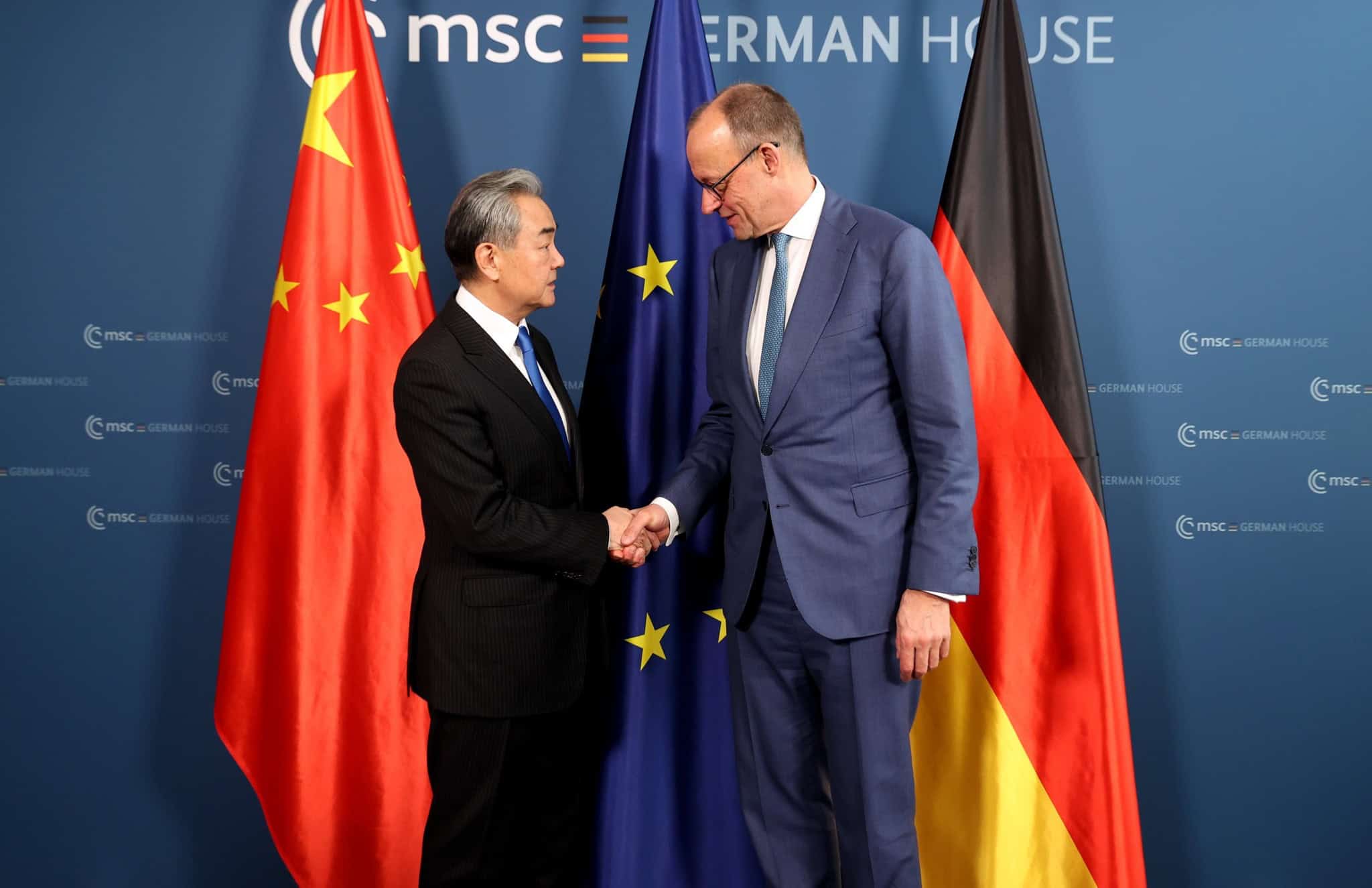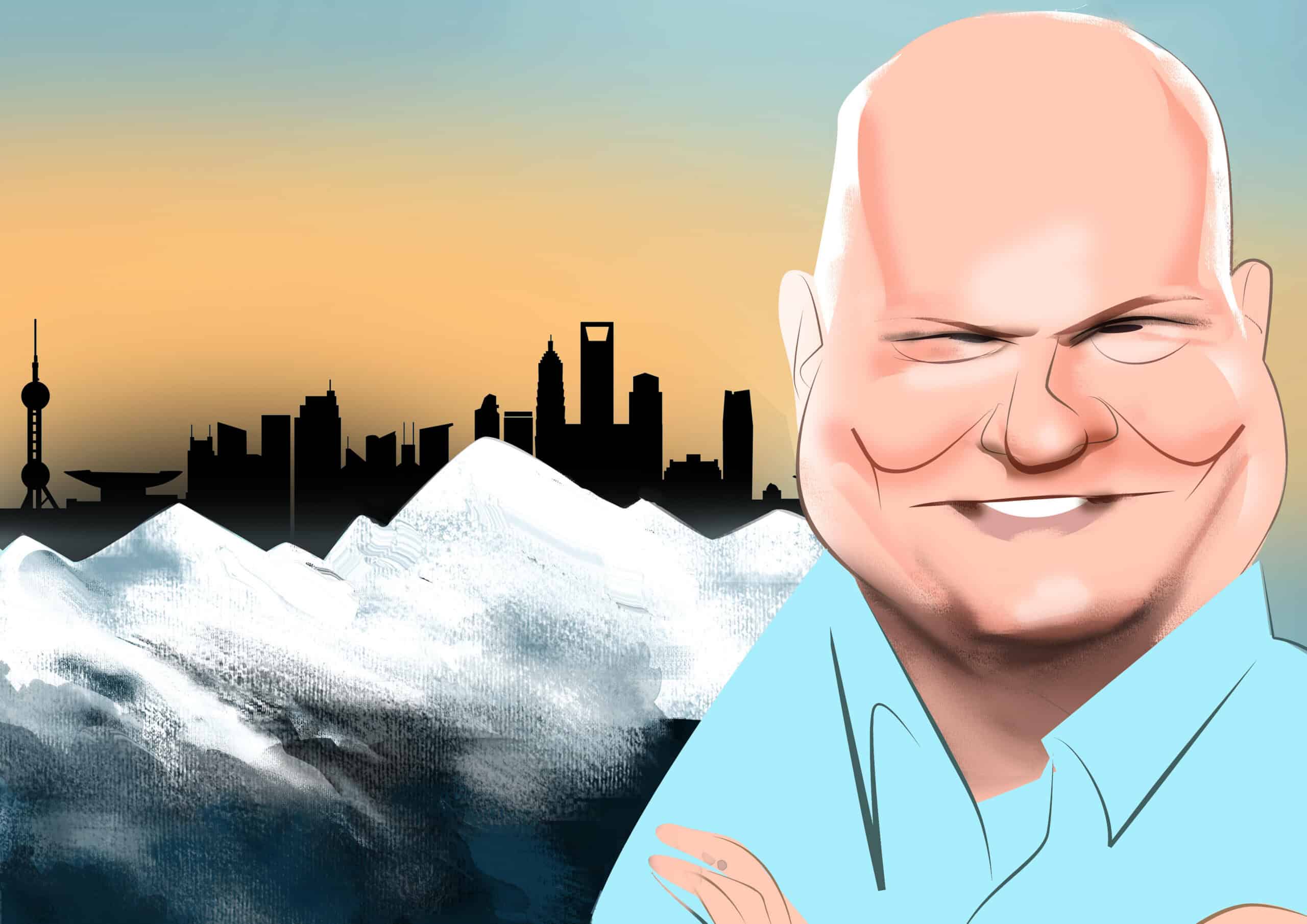Good evening and Happy Father’s Day — a fortnight early, don’t forget! If you truly know the father then do you also know the son? If the motivations and destinations of Xi Jinping can be divined from the life, character and career of his father, Xi Zhongxun, then Professor Joseph Torigian of American University has written one of the most important political biographies of this century. This week The Wire China publishes an extract from Professor Torigian’s much anticipated The Party’s Interests Come First: The Life of Xi Zhongxun, which will be published on June 3. But as he writes, “Xi Jinping, like his father, is the product of a multiplicity of different motives, influences, and contexts”. Like all sons, Xi Jinping is both like his father and unlike him. The biggest contrast is that in his political prime, Xi Zhongxun lost his most important internecine party political battles, while Xi Jinping won his. And that has made all the difference.
Also in this week’s issue: The Big Picture examines new data on China’s greying migrant workforce; Rachel Cheung on inter-generational succession and tensions at Chinese family-owned companies; Kyle Chan says China’s initial tariff war victories could be undermined by its “tin ear” to legitimate concerns over its manufacturing and export juggernaut; and why China’s AI industry is on course to surpass America’s. If you’re not already a paid subscriber to The Wire, please sign up here.
Want this emailed directly to your inbox? Sign up to receive our free newsletter.
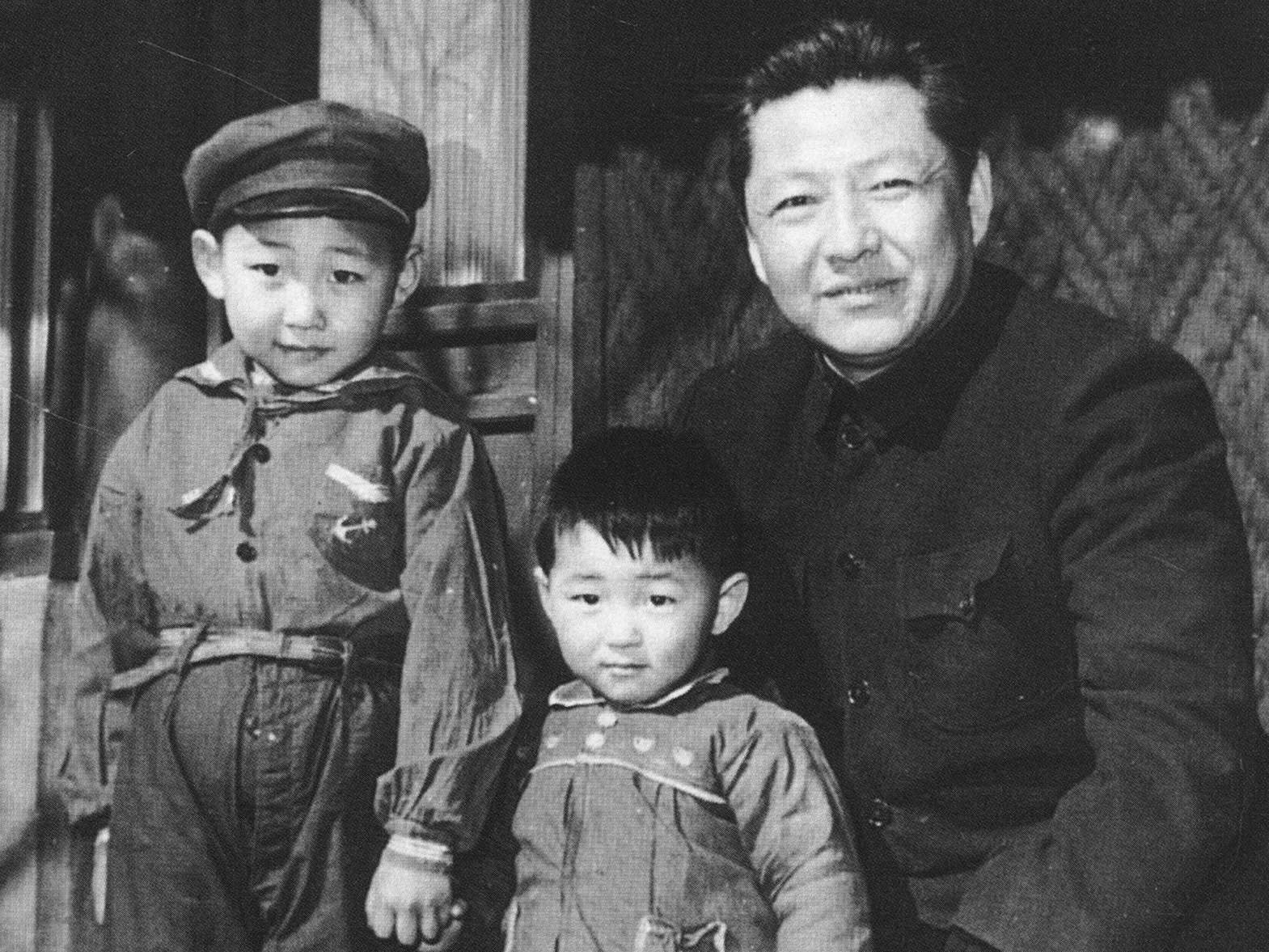
Fathers and Sons
In his upcoming biography of Xi Jinping’s father, The Party’s Interests Come First, Professor Joseph Torigian documents the disappointment of influential reformers who thought the son of Xi Zhongxun would steer the Party in a more liberal and moderate direction. But it is unlikely Xi Jinping sees the situation in such binary “left” or “right” terms. As Torigian writes: “Guessing about whether Jinping cares more about ‘ideology/security’ or ‘development’ is a distraction from the basic point that the party has always cared about both.”

The Big Picture: China’s Aging Migrant Workforce
In 2008, when the Chinese government began to compile official statistics on the country’s army of migrant workers, the average migrant worker was 34 years old and employed on a construction site or a factory assembly line. Seventeen years on, writes Rachel Cheung, he or she is 43 and more likely to be in the “gig” sector, delivering packages or driving a DiDi. One-third of them are now over 50 with fewer protections. “What is left for them is basically more informal work,” Jenny Chan, a sociologist at Hong Kong Polytechnic University, says of older migrants.
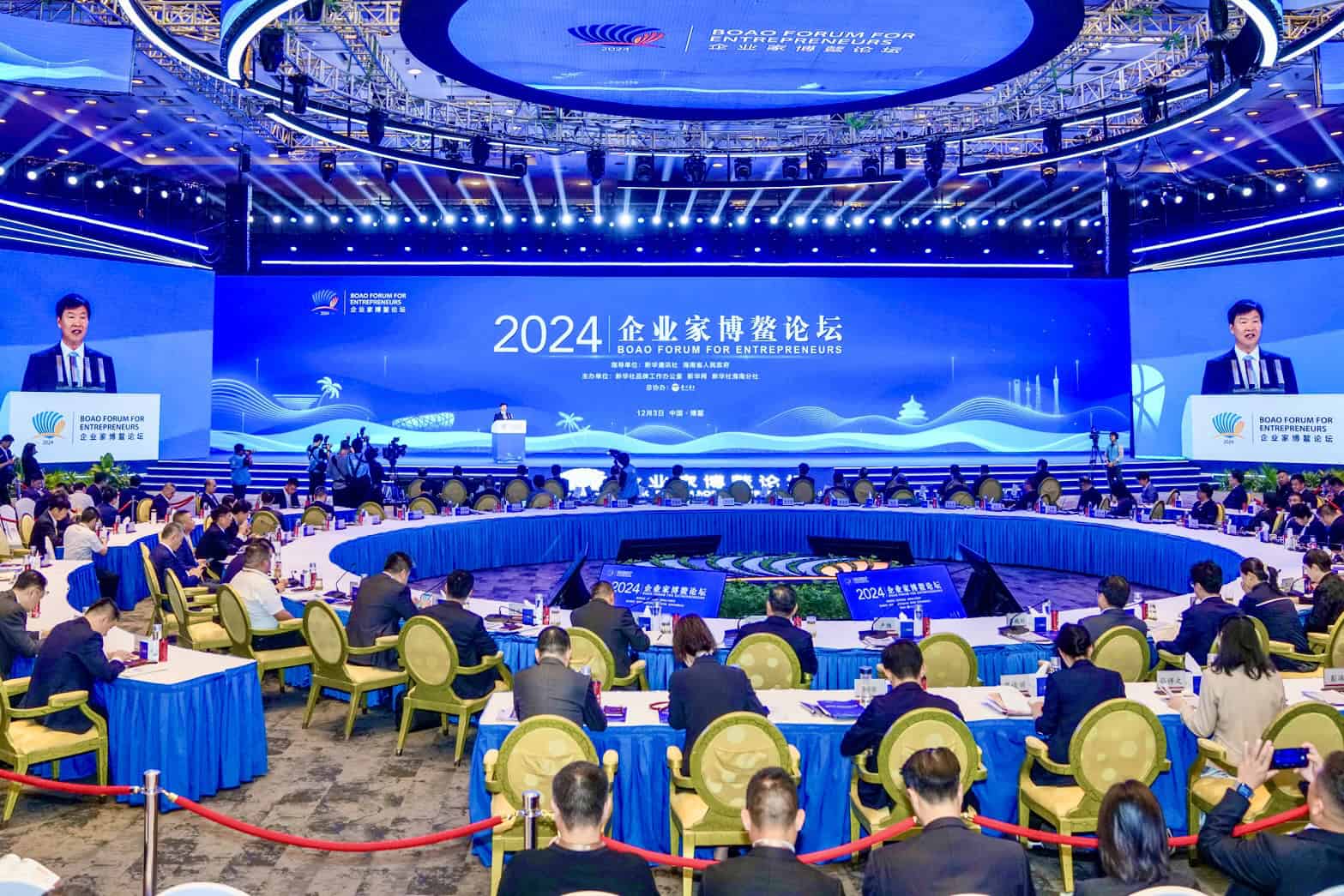
The Hunt for an Heir
Did script writers at the hit HBO show Succession miss a trick when they didn’t include any scenes in which patriarch Logan Roy is locked in a room by his children and grandchildren, in their desperation to wrest control of the family media empire from him? That is exactly what happened in one of the more dramatic examples of succession, or rather failed succession, at a well known Chinese shoe company. Rachel Cheung looks at the challenges faced by a generation of retiring entrepreneurs.
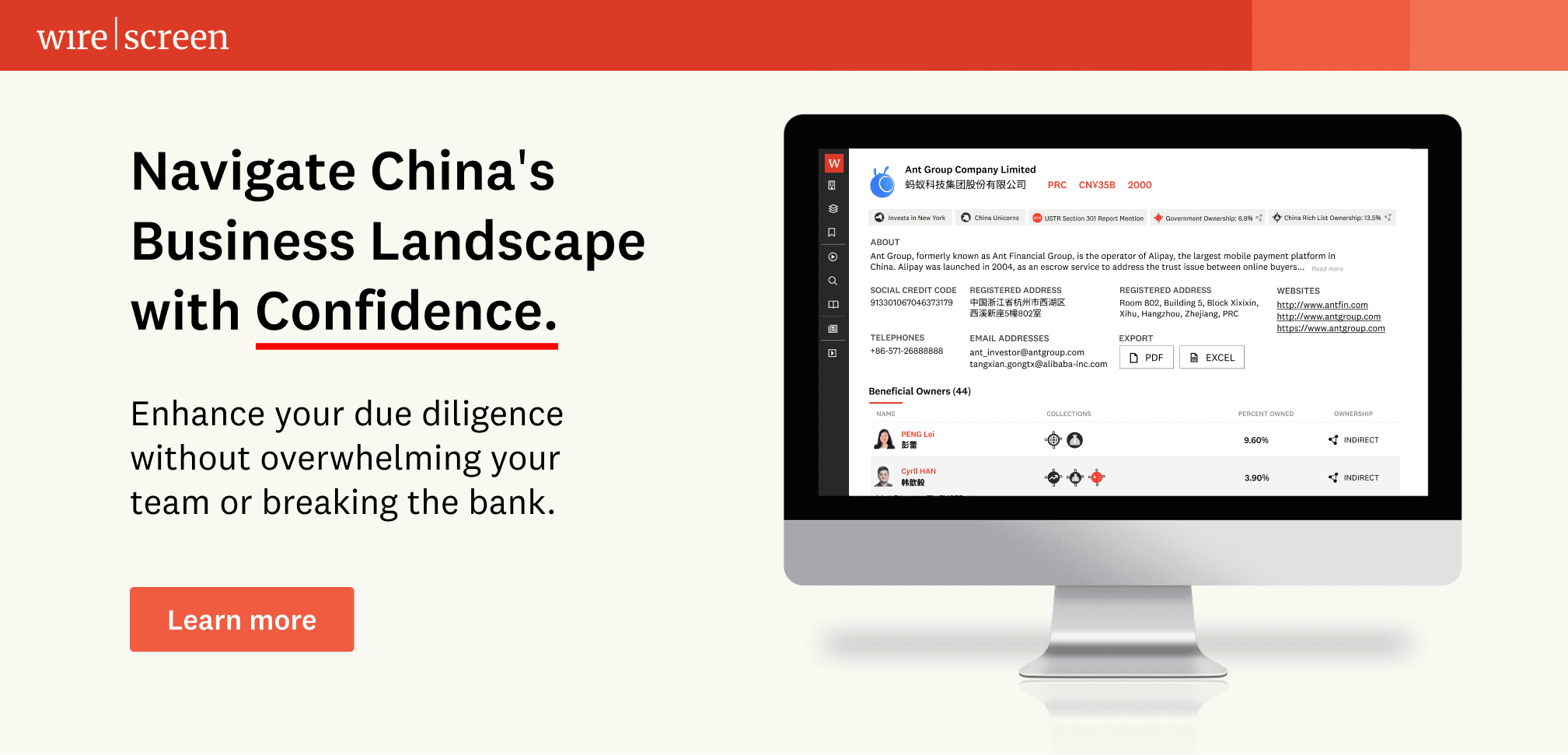
A Q&A with Kyle Chan
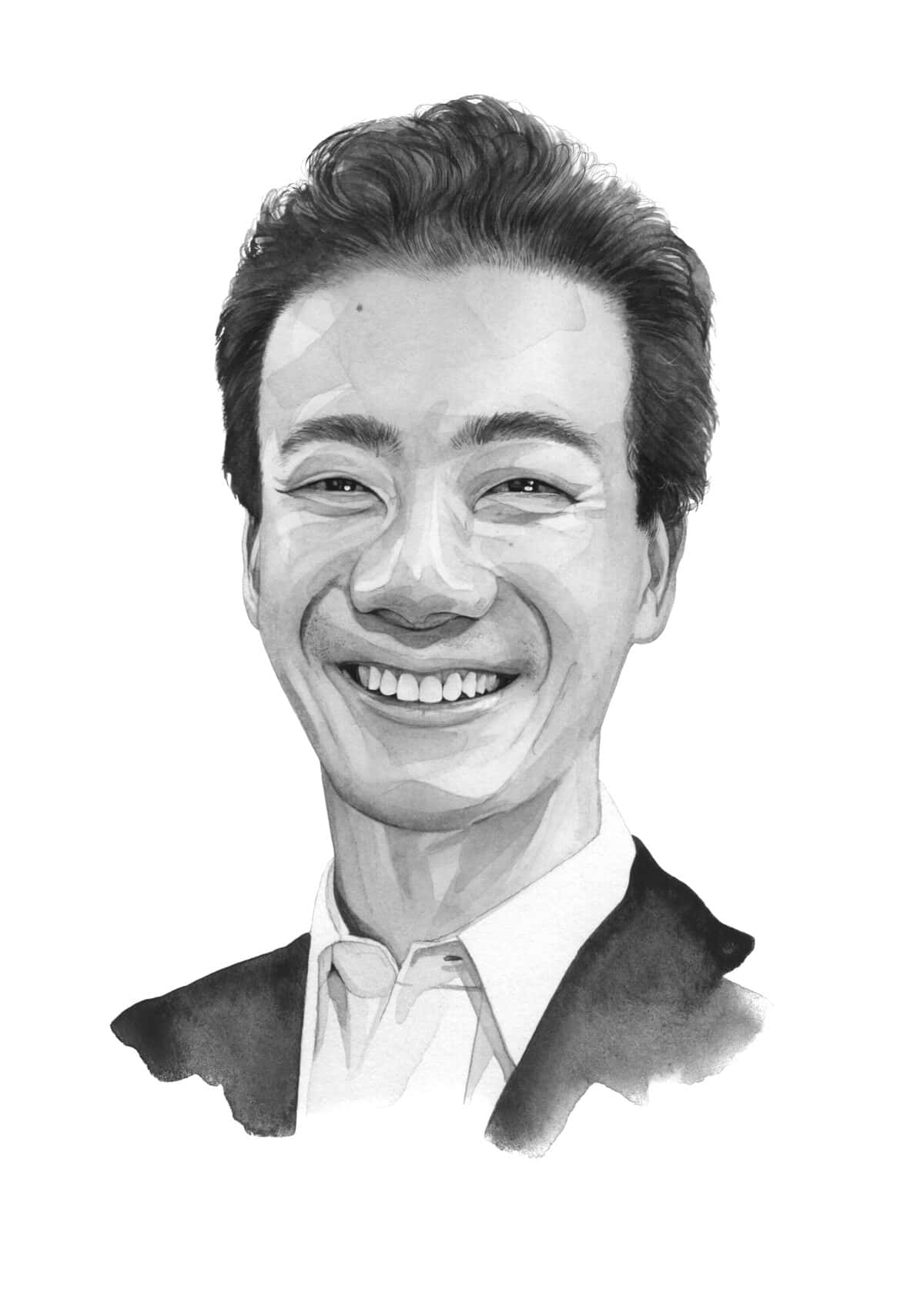
Kyle Chan is a postdoctoral researcher at Princeton University whose substack High Capacity has become a must-read for anyone looking to understand China’s industrial policy and technological development.
In a conversation with Andrew Peaple, the researcher talks about the state of the trade war, how the U.S. and others should deal with China’s growing dominance in several advanced industries, and the economic weaknesses Beijing still needs to address. “[The] industrial policy tools that China has been using have been successful in ramping up production,” Chan says. “But it is not a strategy for generating demand and for creating the kind of domestic consumer base that would otherwise complement that kind of production.”
Kyle Chan
Illustration by Kate Copeland

Will Trump Tip the AI Race in China’s Favor?
Over recent decades Chinese online platforms and social media companies rapidly caught up with, and then surpassed, their U.S. peers. Qiyuan Xu and Wang Yaqiang write that this history is likely to be repeated in the AI industry thanks in part to President Donald Trump’s increasingly insular policies.
Subscribe today for unlimited access, starting at only $19 a month.


